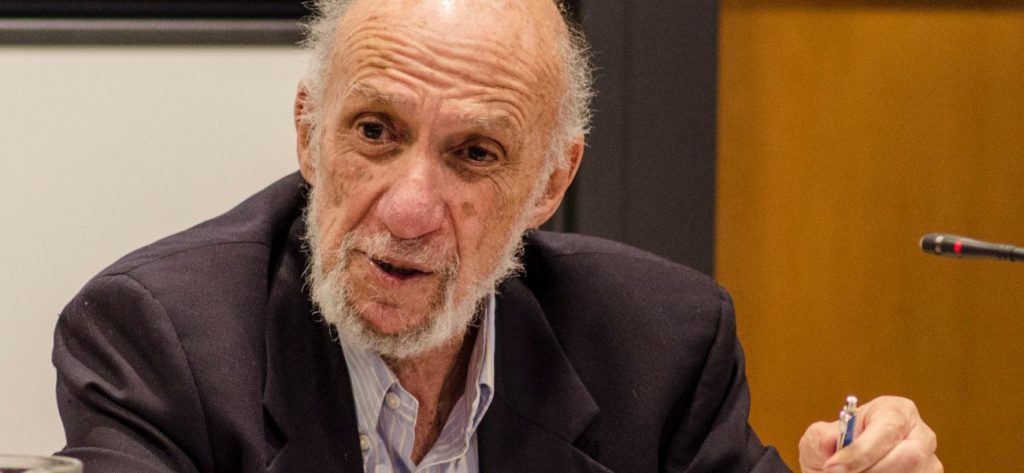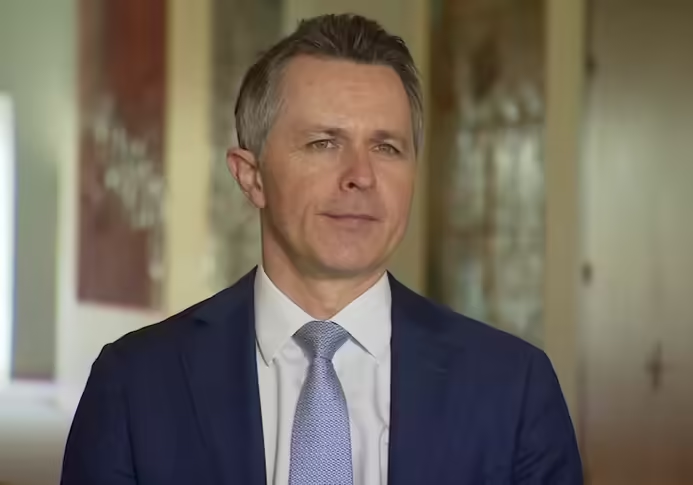Australia/Israel Review
Media Microscope: Diverse perspectives, all the same
Aug 6, 2019 | Allon Lee

As tensions rose in June following a series of Persian Gulf tanker attacks widely believed to be Iranian orchestrated, the preponderance of air time given by the ABC to pro-Iran nuclear deal policy talking heads made a mockery of the national broadcaster’s ostensible commitment to offering a “diversity of perspectives”.
Radio National (RN) “Late Night Live” host Phillip Adams (July 3) promoted notoriously extreme academic, 9/11 conspiracy theorist and former UN special rapporteur Richard Falk by saying he was on the show because “here at Late Night Live we like to hear a range of views.” Falk famously described Ayatollah Khomeini and his “entourage” in 1979 as “moderate, progressive individuals.” Falk is still a regime apologist, telling a receptive Adams that Iran “poses no threat whatsoever to either [the] US or Israel.”
And the “range of views”? Adams’ previous foray on Iran was a June 17 interview with Professor Shahram Akbarzadeh, who consistently dismisses concern about Iranian behaviour and argues that Trump Administration policy only benefits hardliners at the expense of Iranian moderates (see July AIR for the details).
Akbarzadeh popped up again on RN “Drive” (July 11) insisting that “Iran complied with all [the deal’s] regulations” and US President Donald Trump was ensuring the regime’s moderates will be discredited for “putting too much trust” in America. Asked if Iran is pursuing nuclear weapons, he said, “Iranians deny… they ever wanted [one].”
American academic and pro-Iran lobbyist Trita Parsi asserted that the US wants war because increasing sanctions closes off opportunities for negotiations, ABC Radio “World Today”(June 25).
On ABC Radio “AM” (July 6), pro-JCPOA proliferation expert Eric Brewer insisted “the IAEA… has said repeatedly that they do have access to the places that they need to go. So I think we should take them at their word… Of course, there are ongoing IAEA efforts to follow up and ask questions of Iran regarding some of the information that the Israeli Government has made public.” Actually, there is little evidence of such efforts, but host Thomas Oriti didn’t follow up.
Meanwhile, American Iran apologist Holly Dagres of the Atlantic Council told RN “Breakfast” (July 22) Britain should not have seized an Iranian oil tanker off Gibraltar bound for Syria in violation of EU sanctions because “Iran is not part of the EU.”
These are a few examples from many.
US nuclear proliferation expert and former weapons inspector David Albright provided almost the only pretext of balance on the ABC.
Albright said Iran has no “economic justification for a centrifuge program” which suggests it is a “military program”. “PM’s” Linda Mottram asked about the Iran nuclear archive, which Albright said “is inconsistent” with Iran’s NPT and nuclear deal commitments and showed a “much more extensive nuclear weapons program than had been thought,” ABC Radio “PM” (July 9).
RN “Between the Lines” (July 11) showed how to achieve balance, with host Tom Switzer moderating a discussion between Clifford May of the Foundation for Defence of Democracies (FDD) and Iranian regime defender ANU Professor Amin Saikal.
May pointed out that the deal was “fatally flawed” by sunset clauses that mean Iran within “10 to 15 years of 2015… would be essentially welcomed into the nuclear weapons club” with little evidence it would become “a moderate liberal regime” by then. He also cited the nuclear archive and Iran’s refusal to allow inspections of military facilities as more “fatal flaws”.
Nine newspapers’ hardcopy and websites favoured editorials and op-eds that lamented Trump’s withdrawal from the deal and a presumption his Administration is seeking war – for example, Tony Walker (Age/SMH, July 1) and a Roger Cohen piece relying on Obama Administration Secretary of State John Kerry’s self-interested opinions (Age, June 24). However, honourable exceptions in the Age included FDD’s Jonathan Schanzer/Behnam Ben Taleblu (July 16) and AIJAC’s Colin Rubenstein (June 26).
The Australian Financial Review’s range of opinion was reasonably balanced, e.g. featuring American columnist Bret Stephens alongside Saikal (June 21).
A Canberra Times editorial (July 11) was sceptical of Iran because of the nuclear archive but the same edition featured an Akbarzadeh op-ed. On July 22, the paper ran AIJAC’s Ahron Shapiro explaining why the deal must be renegotiated.
The Australian offered readers academic Ran Porat’s July 9 op-ed that prefigured the Albright interview, which balanced Lowy Institute’s Rodger Shanahan puzzling claim on June 29 that “there is no evidence Iran is seeking to develop a nuclear weapons capability.”
Tags: Australia, Iran, JCPOA, Media/ Academia






